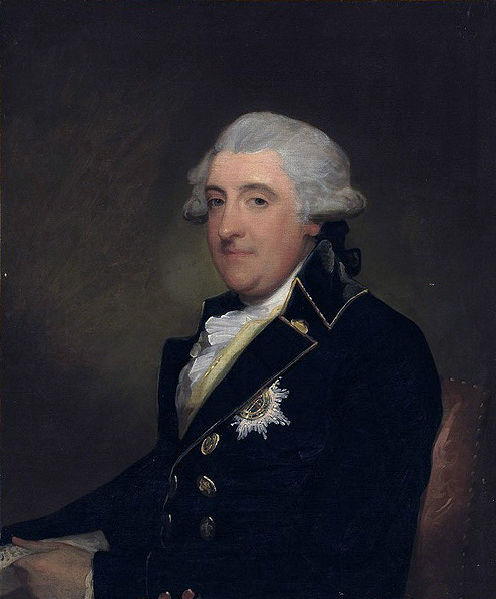Henry Draycott was an English-born Crown official and judge in sixteenth-century Ireland, who held a number of senior Government offices, including Chancellor of the Exchequer of Ireland. Despite his apparent lack of legal qualifications, he also had a successful career as a judge, becoming a Baron of the Court of Exchequer (Ireland) and Master of the Rolls in Ireland. He became a substantial landowner in the Pale, with his principal estate at Mornington, County Meath.
St. Chads Water, on the outskirts of Draycott, Derbyshire
Mornington, where Draycott had his principal estate
Walter Devereux, 1st Earl of Essex: he and Draycott's daughter Alice were rumoured to have been poisoned by the Earl of Leicester
Master of the Rolls (Ireland)
The Master of the Rolls in Ireland was a senior judicial office in the Irish Chancery under English and British rule, and was equivalent to the Master of the Rolls in the English Chancery. Originally called the Keeper of the Rolls, he was responsible for the safekeeping of the Chancery records such as close rolls and patent rolls. The office was created by letters patent in 1333, the first holder of the office being Edmund de Grimsby. As the Irish bureaucracy expanded, the duties of the Master of the Rolls came to be performed by subordinates and the position became a sinecure which was awarded to political allies of the Dublin Castle administration. In the nineteenth century, it became a senior judicial appointment, ranking second within the Court of Chancery behind the Lord Chancellor of Ireland. The post was abolished by the Courts of Justice Act 1924, passed by the Irish Free State established in 1922.
Francis Blackburne, Master of the Rolls 1842-6
2nd Duke of Leinster, Master of the Rolls 1788-9, which was a sinecure position, as he lacked legal qualifications





